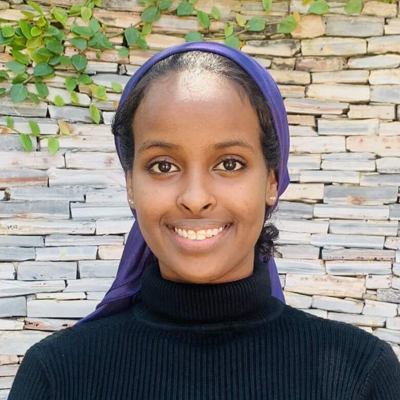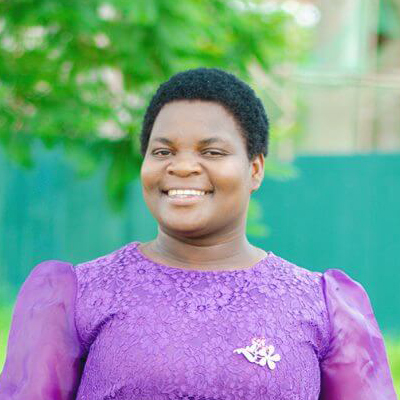
Billan Ahmed, 26, GPE youth leader from Somalia and Ethiopia
Billan has designed and led the implementation of UPSHIFT, a social entrepreneurship program designed to build green skills and opportunities for young people in Somalia.

Eliza Chikoti, 26, GPE youth leader from rural Malawi
Eliza gives back to her community by supporting other vulnerable school-going children through mentoring, career guidance, motivational sessions, and sexual and reproductive health and rights (SRHR) sessions.

Alisha Qamar, 22, GPE youth leader based in Germany
Having Pakistani roots, she witnessed differences between the German and Pakistani education systems at an early age, leading her to become an advocate for girls' education. She has been a human rights advocate for over 10 years.
